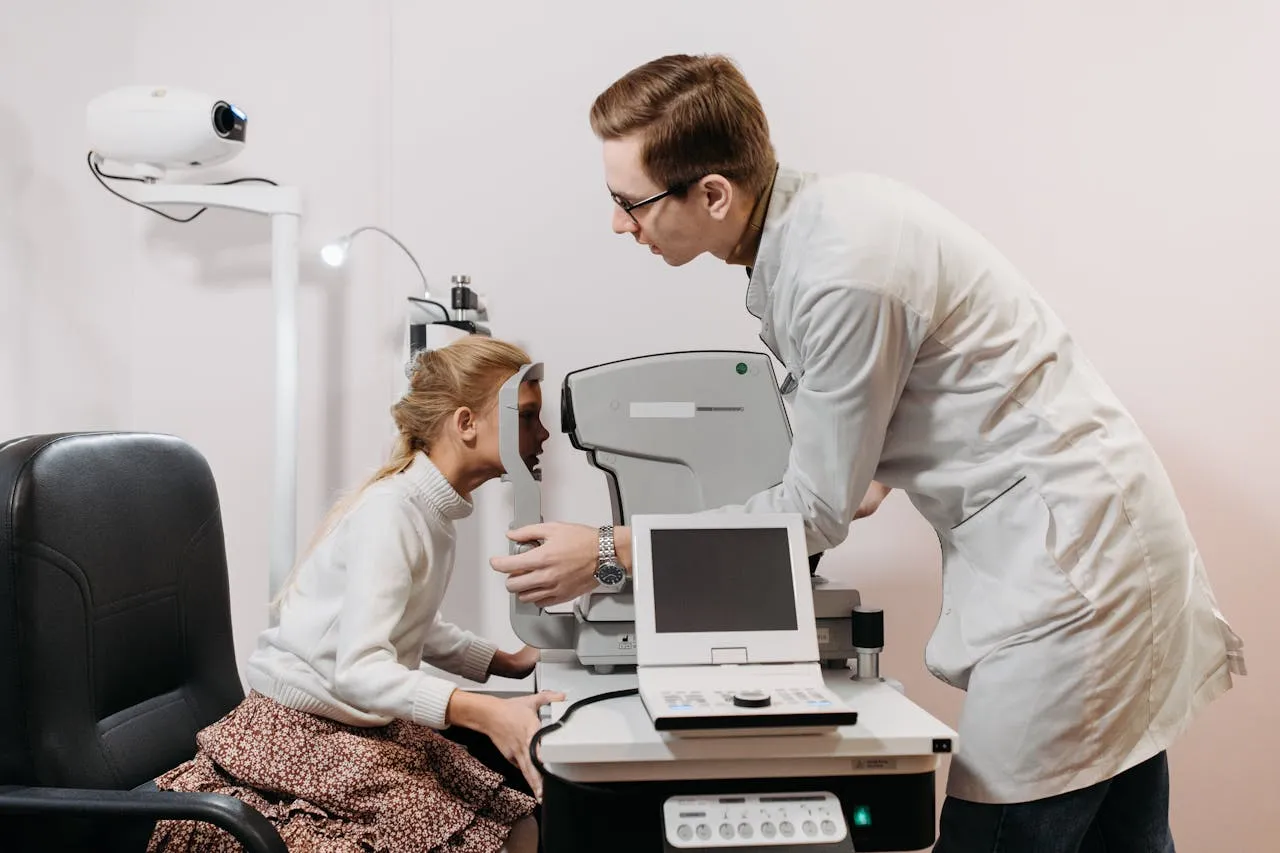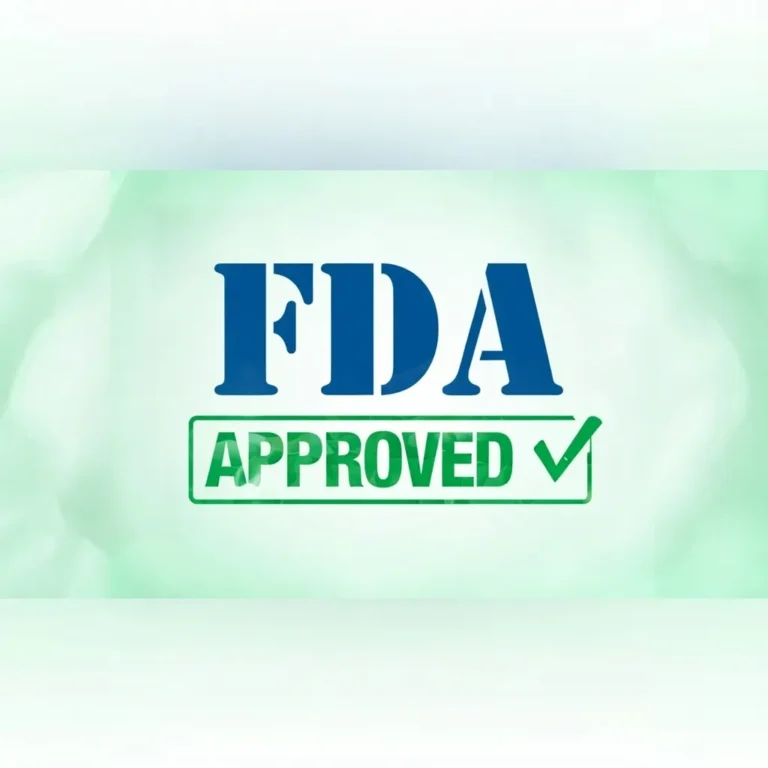
Sydnexis Receives Positive CHMP Opinion for SYD-101 in Europe to Slow Pediatric Myopia Progression
Sydnexis, Inc. a pre-commercial stage biopharmaceutical company specializing in ophthalmic therapeutics, has announced a significant regulatory milestone. The European Medicines Agency’s (EMA) Committee for Medicinal Products for Human Use (CHMP) has granted a positive opinion for its proprietary low-dose atropine formulation, SYD-101. This formulation is designed to slow the progression of pediatric myopia, a condition that has seen a dramatic rise in prevalence worldwide.
The positive CHMP opinion brings SYD-101 one step closer to commercialization in Europe and beyond. Santen SA, a leading global ophthalmic pharmaceutical company, has licensed the rights to commercialize SYD-101 under the brand name Ryjunea® in Europe, the Middle East, and Africa (EMEA). Santen SA is the Switzerland-based subsidiary of Santen Pharmaceutical Co., Ltd., a Japan-based company recognized for its extensive contributions to eye health innovation and its presence in over 60 countries.
Regulatory Advancements and Market Expansion
“This is an incredible milestone for Sydnexis and comes on the heels of the U.S. Food and Drug Administration (FDA) accepting our New Drug Application (NDA) for SYD-101,” said Perry Sternberg, Chief Executive Officer of Sydnexis. The FDA has assigned a Prescription Drug User Fee Act (PDUFA) date of October 23, 2025, marking another pivotal step in securing regulatory approval for the product in the U.S. market.
The CHMP’s positive opinion not only highlights the significant unmet medical need for effective myopia management in children but also serves as a validation of SYD-101’s potential clinical benefits. Myopia progression in pediatric patients can lead to serious long-term ophthalmic complications, including retinal detachment, glaucoma, macular degeneration, and cataracts. With early intervention, SYD-101 aims to mitigate these risks and improve quality of life for millions of affected children.
Clinical Evidence Supporting SYD-101
The CHMP recommendation was primarily based on robust clinical data derived from the STAR study, a pivotal Phase 3 clinical trial evaluating the efficacy and safety of SYD-101. The STAR study assessed the ability of low-dose atropine to slow the progression of pediatric myopia in children aged 3 to 14 years over a 24-month period.
According to Santen’s findings, Ryjunea® met the EMA’s primary endpoint by demonstrating a significant reduction in the annual progression rate of myopia compared to control groups. These results reinforce the potential of SYD-101 as a novel and effective treatment option for pediatric patients at risk of high myopia and associated co-morbidities.
Santen’s Role in Commercializing SYD-101
Santen SA has played a crucial role in advancing SYD-101 toward commercialization. Patrick Johnson, Ph.D., President of Sydnexis, emphasized the importance of this collaboration, stating:
“Santen recognized early on that SYD-101’s novel, proprietary formulation was unique in its ability to deliver superior drug activity, maximum stability, and optimal comfort. They have been a great partner, and we are excited for Santen to bring SYD-101 to market across multiple continents.”
As a company with a longstanding reputation in ophthalmology, Santen has actively contributed to expanding access to innovative eye care solutions worldwide. By securing the rights to Ryjunea®, Santen will drive commercial efforts and ensure that healthcare providers across the EMEA region have access to this breakthrough pediatric myopia treatment.
The Growing Epidemic of Pediatric Myopia

Myopia, commonly known as nearsightedness, is one of the most prevalent ocular conditions among children and adolescents. Current estimates indicate that approximately one-third of children worldwide are affected by myopia, and Sydnexis projections suggest that the number will continue to rise.
By 2050, it is expected that myopia will affect over 5 billion people globally, including 740 million children and adolescents. These alarming statistics underscore the need for effective therapeutic interventions, particularly those that can slow myopia progression and prevent severe ophthalmic complications later in life.
Traditionally, myopia has been considered a benign refractive condition correctable by glasses or contact lenses. However, recent research has shown that even low levels of myopia are associated with an increased risk of irreversible, sight-threatening conditions. Without proper intervention, individuals with progressive myopia may face a significantly higher likelihood of visual impairment in adulthood.
Expert Perspectives on SYD-101’s Impact
The CHMP’s positive opinion on SYD-101 has been met with enthusiasm from leading ophthalmologists and myopia specialists.
Professor Mark Bullimore, OD, Ph.D., a renowned expert in myopia management, commented on the significance of this milestone:
“I am thrilled about the progress to bring SYD-101 to market for the millions of pediatric patients impacted by this growing epidemic. The Sydnexis news of CHMP’s positive opinion should have a huge impact in Europe, where low-dose atropine has been largely unavailable.”
Low-dose atropine therapy has been extensively studied in clinical and real-world settings, showing promise as a safe and effective treatment to slow myopia progression. However, access to commercially available, clinically validated formulations has been limited, making SYD-101 a game-changer in the European market.
Next Steps: Toward EMA Approval and Market Launch
With the CHMP’s positive recommendation in place, the next step in the regulatory process is the formal approval by the European Commission (EC). The EC typically follows the CHMP’s recommendation, meaning an Sydnexis official marketing authorization for SYD-101 under the brand Ryjunea® is expected in the coming months.
Once approved, Santen will begin commercializing Ryjunea® across the EMEA region, ensuring that children at risk of high myopia progression have access to this novel therapeutic option. Sydnexis will continue working closely with regulatory agencies, healthcare providers, and industry partners to facilitate the global adoption of SYD-101.





